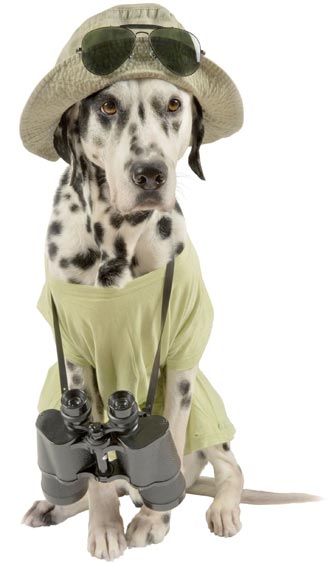ProfessionalsMembersResourcesDownloadsGuidelinesParasite ID PostersParasite Life CyclesPodcastsTherapiesTick Hosts, Habitats and PreventionFAQsScientificControlEctoparasitesEndoparasitesVector Borne DiseasesZoonosesTravelling Pets


The European Scientific Counsel for Companion Animal Parasites (ESCCAP) is to host a major European science conference in Granada, Spain from 19-20th October 2016 at the SEVC conference, Palacio de Congresos de Granada.
This ESCCAP meeting will concentrate on the problems presented by emerging zoonotic vector-borne diseases in Europe. Highly-recognised experts and representatives of active research groups will provide updates from the field and this focused scientific meeting will bring together researchers of different areas to discuss common solutions in the frame of a one-health concept.
In addition to guest speaker presentations, the scientific committee will accept abstracts for further oral proceedings and also poster submissions. More information about the event can be found on ESCCAP's dedicated events website at www.esccapevents.org.
Nottingham Vet School supported by ESCCAP UK & Ireland on the 19th of May is hosting a parasitology day for those involved in parasite control advice and diagnostics in Companion animal practice. It will include.
For more information go to http://nottingham.ac.uk/cpdstudy/programmes/veterinary-medicine-science/small-animal/tracking-and-treating-uk-parasites.aspx
It is important to remain up to date with the different parasitic challenges which we face in the UK and Ireland. Seasonal activities impact on the parasitic threats posed to companion animals throughout the year and changes to legislation, climate and new discoveries can all affect how we should be protecting our pet and family from companion animal parasites. The articles below are designed to keep you up to date with these current issues:
Prof. Cutler is collecting fleas ticks and lice from pets across the country to look for Vector borne diseases by PCR. This will help build up a picture of the pathogens they are carrying, an area where many knowledge gaps exist! Ectoparasites of pets can harbour a variety of pathogens such as Bartonella spp and Borrelia spp which are capable of causing disease in people as well our pets. This makes documentation of their distribution across the UK vital and although tick surveys by Merial and MSD, as well as excellent work by Richard Birtles on ticks in the Lake district have been carried out, knowledge of the distribution of UK flea and lice borne pathogens is minimal. Please help by sending samples to. Sally J. Cutler Professor of Medical Microbiology, School of Health, Sport & Bioscience, University of East London, Water Lane, Stratford, London, E15 4LZ. Samples can be sent by Royal mail with the species and approximate age of host plus county of origin on the sample pots. For more information please contact Sally directly or ESCCAP UK & Ireland.


Most of us should now be well accustomed to the Pet Travel Scheme (PETS) regulations that came into force in the UK on 1 January 2012. But many people may not yet realise that further amendments to these regulations are set to come into effect on 29th December 2014.
On 29th December 2014, the EU are introducing new pet travel regulations (576/2013) which are designed to consolidate existing EU regulations, improve the security of the pet passport and assist with the enforcement of the rules.
The primary requirement of the scheme, as detailed in the pet travel section, will remain the same, but there will be other big changes:
Full details on the upcoming changes are available to read on the GOV.UK website.